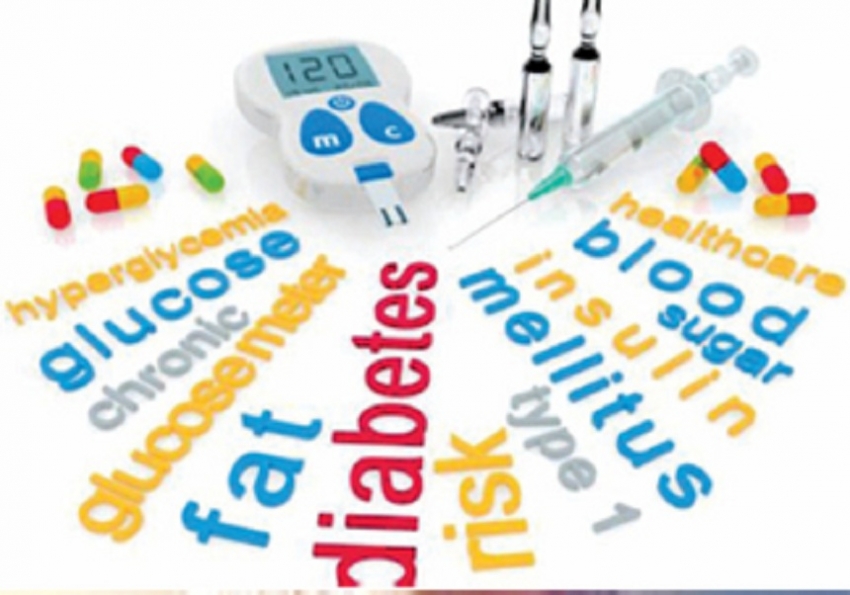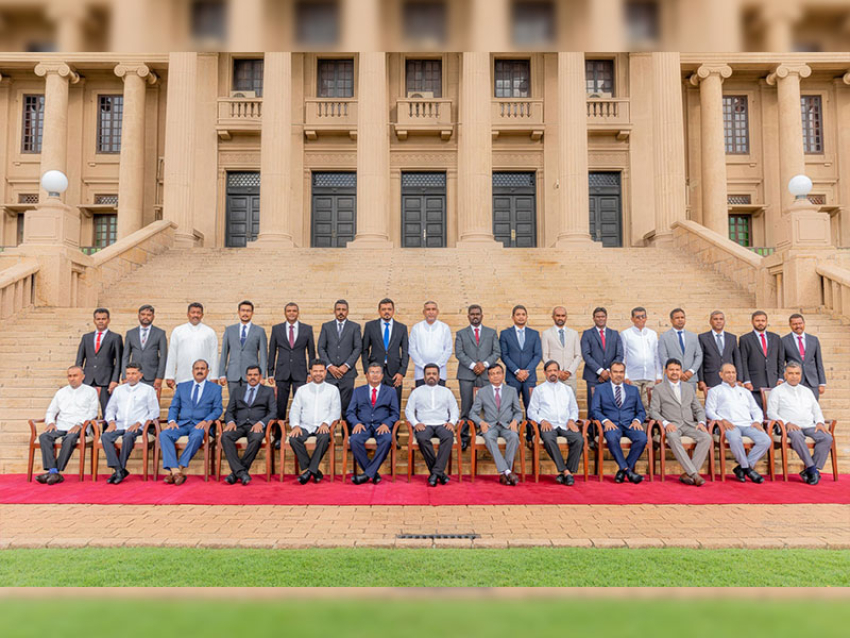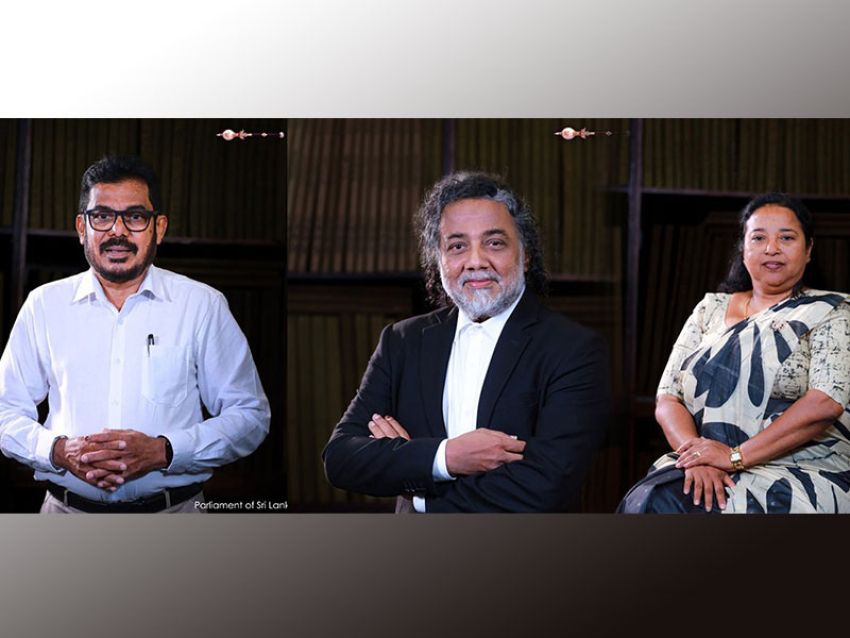Sri Lanka will be the first SAARC country and the fourth country in the world to conduct a mobile phone survey on Non-Communicable Diseases (NCD), Consultant Community Physician attached to the Non-Communicable Disease Unit of the Health, Nutrition and Indigenous Medicine Ministry, Dr. Kapila Piyasena said.Usually, a survey is conducted through a questionnaire with which the members of the team that conducts the survey obtains answers from participants across the country. Then, the information will be collated and computerised and analysed at a central office. Thereafter, they arrive at assumptions and projections.This method of survey sometimes takes nearly two years to complete and is also expensive. Current socioeconomic changes in Sri Lanka force people to adjust their behaviours and food patterns, while addiction to illegal substances is also rapidly increasing. Therefore, Sri Lanka was in need of a new mechanism to conduct surveys rapidly at low cost.As a result, the NCD mobile phone survey will be introduced and conducted shortly. This method of survey utilises advanced technology at low cost and collects information within a short period. The planned mobile phone health survey is unique to Sri Lanka.The main partners of the survey are the NCD Unit of the Health, Nutrition and Indigenous Medicine Ministry and Bloomberg Philanthropies - Data for Health Institute, USA. Sri Lanka does not have to bear any cost, as the funds will be provided by the USA.
The survey will be conducted only through mobile phones, which do not have to be smartphones. The survey will not be conducted through landlines. All mobile networks in Sri Lanka are partnered in the survey. It will be conducted scientifically and ethical approval from the Sri Lanka Medical Council (SLMC) and the Sri Lanka Telecommunication Regulatory Authority has already been obtainedMost importantly, the call from the surveying team will not have 10 digits. Instead, the number will be 1995, similar to a hotline.The call from the Health Ministry will include 20 questions. If you reject the call, no call will be received from 1955, thereafter.
If you agree to participate in the survey, information such as age, alcohol consumption, smoking habits, consumption of vegetables and fruits and health details, such as incidence of diabetes mellitus and hypertension, will be collected. All the information provided by participants will be treated as strictly confidential and the Health Ministry will not share this information with any other party. The survey will not gather any personal data such as the name, address, NIC number, credit card or bank account details.
Neither will there be any charge for participation.The survey will be conducted between 8 am and 8 pm on working days. No calls will be received on weekends and holidays. If the line is disconnected during the call, another call will be received within 50 hours, but not soon after the first call.The second call will be continued from where the first call was stopped. The five-minute time spent on the call will be an investment for the future generations of Sri Lanka.The survey data will be used for the prevention of NCDs in Sri Lanka, which will significantly help the development of the country.
In Sri Lanka, four out of five deaths each year are due to NCDs. Among the premature deaths (deaths between 18 and 70 years), one in every five deaths is due to NCDs. This age group is very important to Sri Lanka, as this is the most productive age group which the country needs.
Currently, diabetes mellitus, hypertension, heart disease, stroke, cancer, respiratory diseases and kidney diseases are the most common NCDs in Sri Lanka.There are multiple causative factors for NCDs in Sri Lanka. The Health Ministry is continuously collecting information in this regard to identify the risk factors. Food patterns, types of food consumed by people, daily consumption of vegetable and fruits, alcohol consumption and smoking habits are some of the areas they study.There are different ways of collecting information. One of them is conducting regular surveys throughout the country.




















